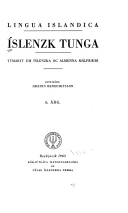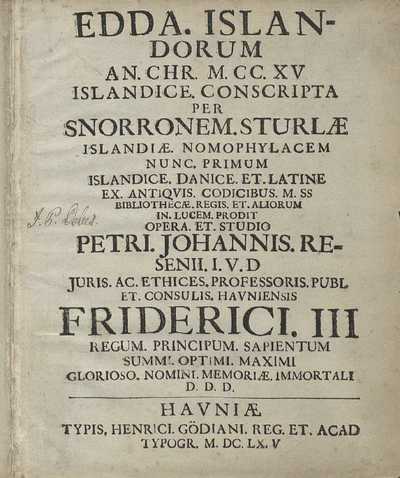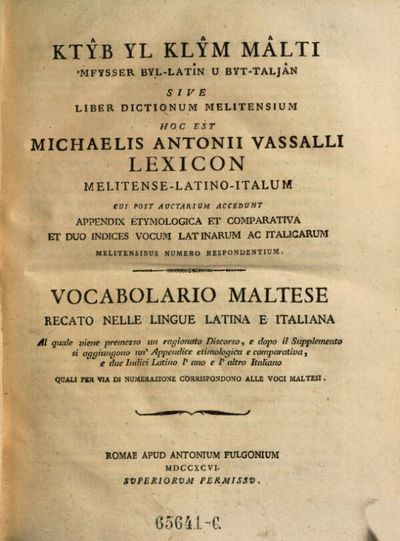Most Latin adjectives related to names of countries and languages are of first and second declension: Latinus, Graecus, Anglicus… If I want to express that I speak in any such language, I will simply use the derived adverb: Latine/Graece/Anglice loquor.
But how does it work if the adjective belongs to the third declension? The list in the linked question contains, for example, Islandiensis, Melitensis, and Thailandiensis. If I want to express speaking or otherwise using these languages, do I use the adverb normally? Saying Islandiensiter/Melitensiter/Thailandiensiter loquor sounds weird. I have never seen such adjectives in such use, so I have no intuition. (I don't know whether the Romans ever had third declension adjectives together with lingua, so there may or may not be classical help.)
Is the -iter ending used under such circumstances? Is a first and second declension alternative always used instead (Islandice, Melitice etc.)? Or should I simply use the ablative like lingua Melitensi loquor?
This may be a hard question to answer, so answers based on experienced intuition are also welcome. To decisively settle the matter, I imagine one would have to give examples of use, clear avoidance (where the adverb is used for first and second declension but not third), or using first and second declension alternatives for this purpose but third declension elsewhere. I understand that is much to ask for, so I do not expect airtight proof.


